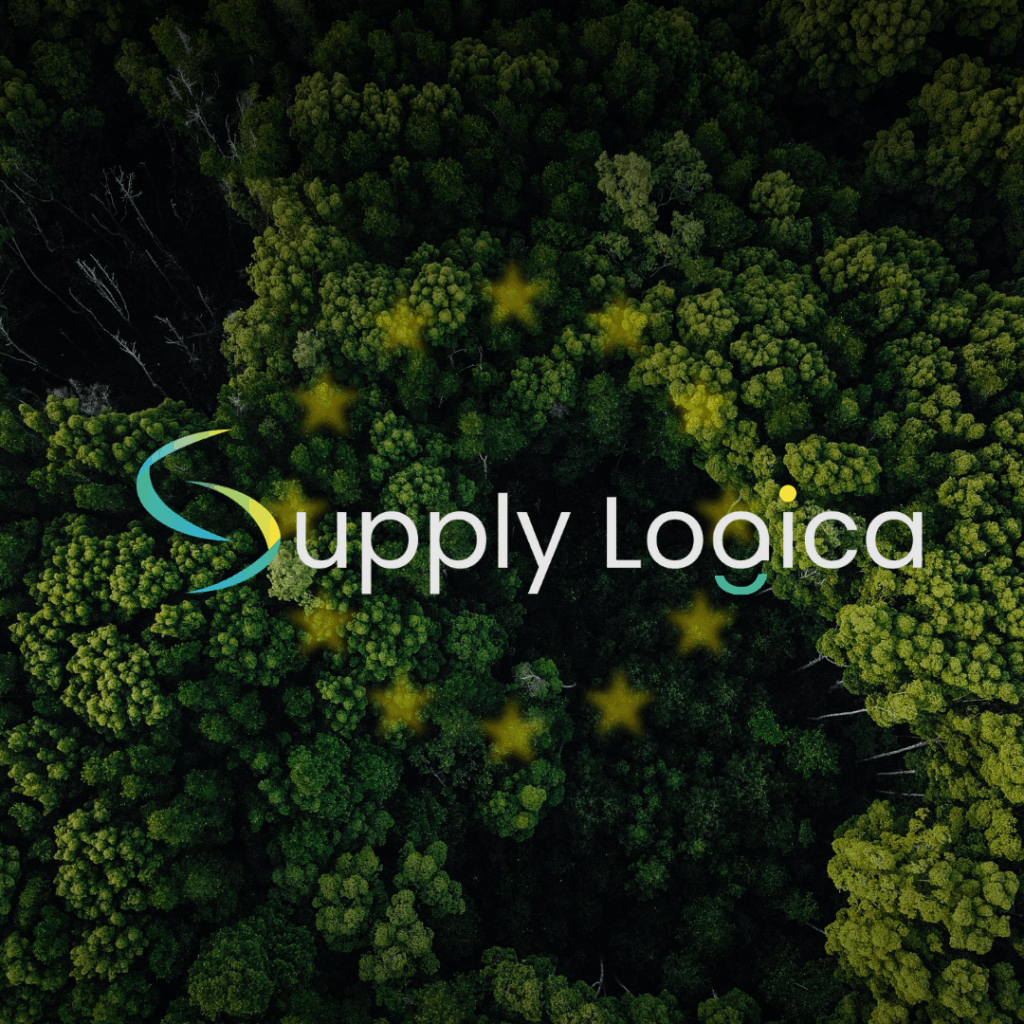
Since June 29, 2023, the European Union has adopted a major legislative text to combat imported deforestation: the EU Deforestation Regulation, commonly referred to as EUDR.
This regulation aims to ban the entry of products onto the EU market if they originate from land recently deforested or have been produced illegally.
In practice, this means that companies must now prove that the products they sell have not contributed to deforestation or forest degradation since December 31, 2020. It marks a real shift in international trade, putting sustainability and transparency at the heart of the European economy.
A Strict Framework to Protect Forests
The EUDR requires companies to exercise due diligence:
They must collect precise data on the origin of raw materials, assess deforestation-related risks, and take appropriate measures to ensure supply chain compliance.
A product is considered compliant if it meets three key conditions:
1. It must not come from land deforested after December 31, 2020;
2. It must be legally produced in accordance with the laws of the country of origin;
3. Its origin must be fully traceable, down to the plot of land where it was produced.
Consumer Products in the Spotlight
The regulation does not apply to all goods, but specifically targets commodities historically linked to deforestation:
Palm oil, soy, wood, cocoa, coffee, cattle (including leather and meat products), and rubber.
This includes a wide range of everyday consumer goods: furniture, chocolate, cosmetics, processed foods, and tires.
Any product that contains or depends on one of these raw materials may fall within the scope of the EUDR.
Who Is Affected by the Regulation?
All companies, regardless of size, are affected if they place EUDR-covered products on the European market.
This includes importers, manufacturers, distributors, and exporters within the EU.
Two implementation deadlines have been set:
- December 30, 2025 for large and medium-sized companies;
- June 30, 2026 for small and micro-enterprises
A Demanding Traceability System
To ensure the regulation’s effectiveness, the EU is rolling out a centralized platform, TRACES, where each company must submit a Due Diligence Statement (DDS).
This statement must include:
- Precise geolocation data to identify production plots;
- A deforestation risk assessment.
If a company identifies a high risk, it must implement corrective measures before its products can be marketed.
The goal is clear: to ensure that European consumers no longer, even indirectly, contribute to deforestation or forest degradation.
A Global Impact
The EUDR will have far-reaching effects beyond Europe’s borders.
Many producer countries in Latin America, Africa, and Asia will need to adapt their agricultural, forestry, and trade practices if they wish to continue exporting to the EU.
This regulation also acts as a diplomatic lever, with the EU planning technical and financial support measures to assist in this transition.
However, some countries have expressed concerns, viewing the EUDR as a unilateral measure.
International dialogue will be crucial to turning this regulation into a tool for global cooperation.
A Strategic Opportunity for Businesses
Beyond the regulatory obligation, the EUDR represents a strategic opportunity.
Companies that adapt quickly will strengthen their brand image, secure access to the European market, and meet the growing demand for responsible products.
On the other hand, those that delay action risk penalties and a loss of competitiveness in the medium term.
The EUDR is not just an administrative formality. It marks a profound transformation in sourcing practices.
The sooner companies embrace this shift, the sooner they can turn it into a competitive advantage.
Tools like Supply Logica help transform this regulatory pressure into operational clarity and efficiency.
Simplify your EUDR compliance: create your DDS in our app — we’ll submit it to TRACES automatically. Contact our team.